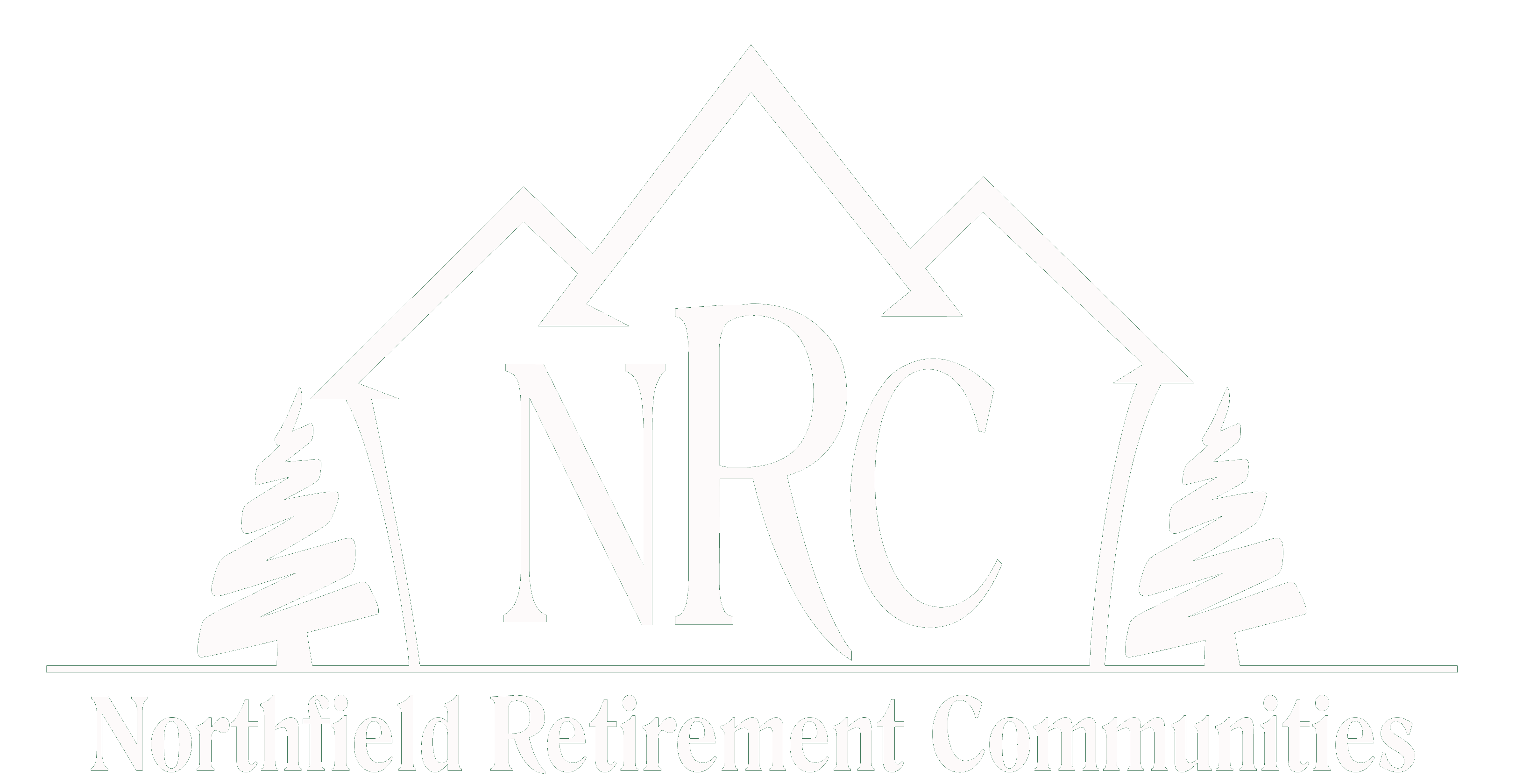
How to Talk to Elderly Parents about Moving to a Retirement Community
When approaching moving to a retirement community with elderly parents, it’s essential to recognize the matter’s sensitivity. Aging can be a time of mixed emotions, and discussing the need to change living arrangements requires empathy and understanding. By approaching the conversation sensitively, you create a safe and supportive environment for your parents to express their thoughts and concerns.
Here are some suggestions to elderly parents about moving to a retirement community:
Prepare In Advance
Before initiating the conversation, take the time to understand why you believe a retirement community would benefit your parents. Reflect on their current living situation, their needs, and any challenges they may be facing. Identifying specific reasons for suggesting a retirement community will help you articulate your thoughts effectively.
Do thorough research to identify retirement communities that align with your parents’ preferences, interests, and requirements. Consider factors such as location, amenities, healthcare services, and costs. Having a list of potential options will enable you to discuss specific communities that may best fit your parent’s needs.
Compile information about the costs associated with retirement communities, including entrance fees, monthly fees, and any additional expenses. Research these communities’ amenities and services, such as dining options, recreational activities, fitness facilities, and transportation services. Having detailed information will help address your parents’ questions and concerns.
Choose The Right Time & Place
Select a peaceful and familiar environment where your parents feel at ease. Choose a location that ensures minimal distractions, allowing everyone to focus on the conversation. Avoid public spaces or places where privacy may be compromised. Silence or put away any electronic devices that might cause interruptions during the conversation. Ensure that all parties are fully present and engaged, allowing for a meaningful and uninterrupted discussion.
Moving to a retirement community is a significant decision, so allocate sufficient time for the conversation. Rushing the discussion may lead to misunderstandings or prevent your parents from fully expressing their thoughts and concerns. Show patience and allow the conversation to flow naturally.
Empathic Communication
Approach the conversation with empathy and respect for your parents’ feelings and concerns. Practice active listening and validate their emotions. Use “I” statements to express your own observations and concerns, avoiding language that may sound accusatory or critical.
Highlight The Benefits
Communicate the benefits of a retirement community to your parents. Explain how these communities provide a supportive environment that promotes social engagement, companionship, and an active lifestyle. Highlight the opportunity to forge new friendships, participate in various activities, and enjoy amenities that may enhance their quality of life.
One of the significant advantages of retirement communities is the social interaction they offer. Explain to your parents that residing in a retirement community will allow them to meet and connect with like-minded individuals. Emphasize the potential for new friendships, social events, and group activities that can enrich their daily lives.
Retirement communities often provide services designed to make daily life more convenient and secure. Discuss how these communities offer assistance with household chores, maintenance, and transportation, thereby reducing the burden of responsibilities. Highlight the safety measures in place, such as emergency response systems and on-site healthcare services, which can provide peace of mind for your parents.
Address Concerns & Objections
Recognize and acknowledge any fears or anxieties your parents may have about moving to a retirement community. Typical concerns may include a loss of independence, unfamiliarity with new surroundings, or apprehension about leaving behind a familiar home. Assure their feelings are valid and their concerns will be taken seriously.
Reassure your parents if they have specific worries regarding the amount of medical care or support offered in a retirement community. Access to doctors, nurses, and other medical professionals is one of the topics of research and information sharing about healthcare services. Talk about the possibility of daily help and how their medical requirements will be met.
If your parents have specific concerns or objections, explore potential solutions or compromises together. For example, if they worry about downsizing or losing treasured belongings, discuss options for storage or ways to create a familiar environment within their new living space. Work collaboratively to address their concerns and find solutions that alleviate their worries.
Involve Them In Decision-Making
Make your parents feel included and empowered by seeking their input and preferences. Explore different retirement community options together and consider their opinions. This approach will help them feel more in control of the decision-making process.
Visit Retirement Communities Together
Arrange visits to potential retirement communities. This allows your parents to experience the environment firsthand, interact with current residents and staff, and understand what life would be like in a retirement community. Please encourage them to ask questions and voice their concerns during these visits.
Involve Siblings Or Other Family
Seek support from other family members to present a united front. Share responsibilities and decision-making to demonstrate solidarity and support for your parents. Having multiple perspectives can also help address any concerns or objections more effectively.
Be Patient And Understanding
Recognize that the decision to move to a retirement community may not be immediate. Understand that your parents need time to process the information, reflect on their options, and weigh their concerns. Patience is key as they navigate their emotions and make decisions that align with their needs and preferences.
Respect your parents’ need for autonomy and independence throughout the decision-making process. It’s important to involve them in the choices and respect their final decisions, even if they differ from your preferences. This demonstrates your respect for their agency and affirms their ability to make the best decisions for them.
Follow-up And Transition
After the initial conversation, maintain open lines of communication with your parents. Check in regularly to see how they feel, address any lingering concerns, and provide updates on potential retirement community options. Ongoing communication helps build trust and supports your parents throughout the transition.
If your parents decide to move forward with a retirement community, offer assistance with the logistical aspects of the moving process. Help them with downsizing, packing, and coordinating the move. Your involvement can alleviate some of the stress associated with moving and show your commitment to making the transition as smooth as possible.
Conclusion
Talking to elderly parents about moving to a retirement community requires empathy, understanding, and effective communication. By approaching the conversation with care, highlighting the benefits, addressing concerns, involving them in decision-making, and providing ongoing support, you can navigate this discussion and help your parents make an informed choice that supports their well-being and quality of life.
Northfield Retirement Communities offers trustworthy and professional rehabilitation, Independent Living, Assisted Living, Skilled Nursing and other specialty Aging Services.
Call 308.632.4342 for more information.

